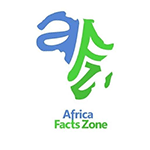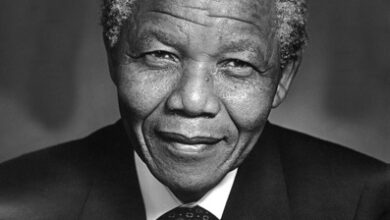The Reasons Why Swahili Is Seen As Africa’s Most Spoken Language

Over 1.5 billion people with diverse lives, languages, and cultures live in Africa. One language sticks out as the most often used in this melting pot.
That is Swahili, the language that many people in the area have adopted as their first tongue. With more than 200 million speakers, Swahili is among the ten most commonly spoken languages worldwide.
Both its use and its significance worldwide are growing.
Why is Swahili the most commonly spoken and popular language in Africa? This question lacks a single correct response.
It turns out to be a complex one. Let’s dissect these aspects to examine the elements that contribute to Swahili’s ongoing appeal.
The history of Swahili as a language is extensive. This language, also known as Kiswahili, developed near the coast of East Africa as a result of frequent and intimate contacts with traders and immigrants from Arabian nations and Persia.
It gained popularity among the local populace fast, becoming the common language for many groups with disparate linguistic and cultural heritage. The background was a major factor in the rapid expansion of Swahili throughout continental Africa.
Also Read: The History Of Africa Before Colonization
The regional effect of Swahili
The influence and reach of Swahili inside the region was one outcome of its rapid growth.
It quickly attained the status of official language in the Democratic Republic of the Congo, Tanzania, Kenya, and Uganda. It is also spoken in Rwanda, Burundi, Somalia, and Comoros.
This implies that no one nation or tradition can adequately capture the language’s significance. Its impact cuts across racial, cultural, and ethnic lines. Many people prefer to consider it to be an uncommon unifying factor.
Crossing cultural boundaries
Swahili is important in bridging cultural divides since Africa is a melting pot of many cultures and customs. This is crucial since conflict is not unheard of in this region of the world.
It frequently acts as a mediator between groups holding diametrically opposed or uncomfortable viewpoints. Thus, in this difficult setting, Swahili serves as a uniting language.
Also Read: Languages in Namibia’ Namibia’s Lingua Franca
Languages in Namibia’ Namibia’s Lingua Franca – Africa Facts Zone
Financial rewards
The expansion of Swahili has positive effects on society, culture, and economy in addition.
It prevented needless misunderstandings and misinterpretation by making communication simple and uncomplicated for traders and business owners.
This played a significant role in the economic growth of several African nations.
The tourist sector looked to benefit as well, as individuals from other countries who are proficient in Swahili may go to all of the continent’s Swahili-speaking nations.
Many businesses that approach local markets translate their material into Swahili.
They choose to translate their information online because they understand the financial advantages of making their content available in the local tongue.
It improves the appeal and relevance of their goods and services to the demands of regional clients.
Swahili is the main language of instruction at a large number of East African universities and schools. For students from many different nations, this makes things incredibly simple.
Large groups around the continent may more easily access media information thanks to the adoption of Swahili by the media.
To Sum It Up
For good reason, Swahili is the most widely spoken language in Africa. Apart from historical changes, maintaining the status quo economically makes a lot of sense.
Consequently, any nation where Swahili is spoken stands to benefit from several cultural, social, and economic advantages.
The media, international Swahili speakers, and local pupils all gain from it as well. They can converse with people in any country where Swahili is the official language.
Olivia Evans is a skilled writer, researcher, and linguist. She enjoys picking up as much knowledge as she can about communication, languages, and cultures.
Olivia finds it fascinating how different languages influence our way of life. She has recently developed an interest in a few of the most widely spoken languages in Asia and Africa.





